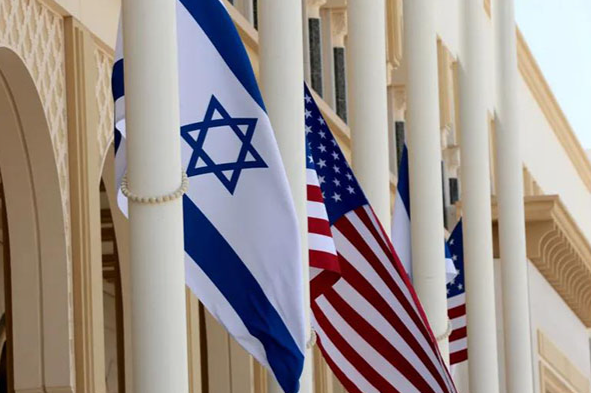The United States, a country that prides itself on the values of free speech and democracy, has recently come under scrutiny for its new visa policy that appears to restrict these very principles. In a move that has sparked widespread debate, US Secretary of State Marco Rubio announced that the US will deny visas to individuals who criticize Israel. This policy, which seems to conflate criticism of a nation’s actions with antisemitism, raises serious questions about the future of free speech and the selective application of American values.
The Policy and Its Implications
The new visa policy, as stated by Rubio, aims to prevent foreign nationals from entering the US if they are deemed to be fomenting “hatred against our Jewish community”. While the intention to protect against antisemitism is valid, the policy’s implementation has been criticized for its potential to silence legitimate criticism of Israel’s actions, particularly in the context of the ongoing conflict in Gaza. Critics argue that this move undermines the very essence of free speech, a cornerstone of American democracy.
Moreover, the policy has already had tangible effects on individuals. For instance, Rumeysa Ozturk, a Turkish doctoral student at Tufts University, had her visa revoked and was detained for co-authoring an opinion piece that criticized her school’s stance on Gaza. Such cases highlight the far-reaching consequences of the policy, not just for individuals but also for academic freedom and the broader discourse on international issues.
The Double Standard
Ironically, while the US is tightening its visa policy to silence critics of Israel, it has also announced a new visa restriction policy targeting foreign officials who censor American social media posts. This move, which aims to protect American free speech abroad, stands in stark contrast to the suppression of speech at home. Critics point out that this double standard not only undermines the credibility of American values but also sets a dangerous precedent for other countries to follow.
Broader Context and Concerns
The visa policy is part of a broader crackdown on immigration and dissent within the US. The Trump administration has previously halted new student visa appointments and attempted to block Harvard University from enrolling international students. These actions, combined with the new visa restrictions, signal a concerning trend towards limiting the voices and presence of those who challenge the government’s stance on Israel.
Furthermore, the policy’s impact extends beyond individuals. It affects academic institutions, international relations, and the global perception of the US as a defender of free speech. By selectively targeting critics of Israel, the US risks alienating allies and undermining its own advocacy for human rights and democratic values.
Conclusion
The US visa policy targeting critics of Israel is a complex and controversial issue that touches on fundamental questions of free speech, human rights, and the selective application of democratic values. While protecting against antisemitism is crucial, it must not come at the expense of silencing legitimate criticism and dissent. The international community will be watching closely to see how the US navigates this delicate balance and whether it can uphold the principles it claims to champion.

